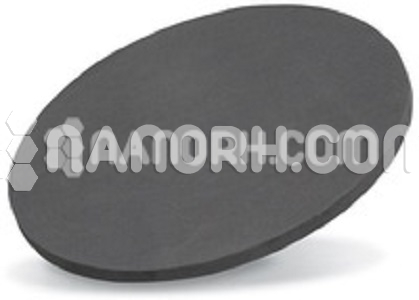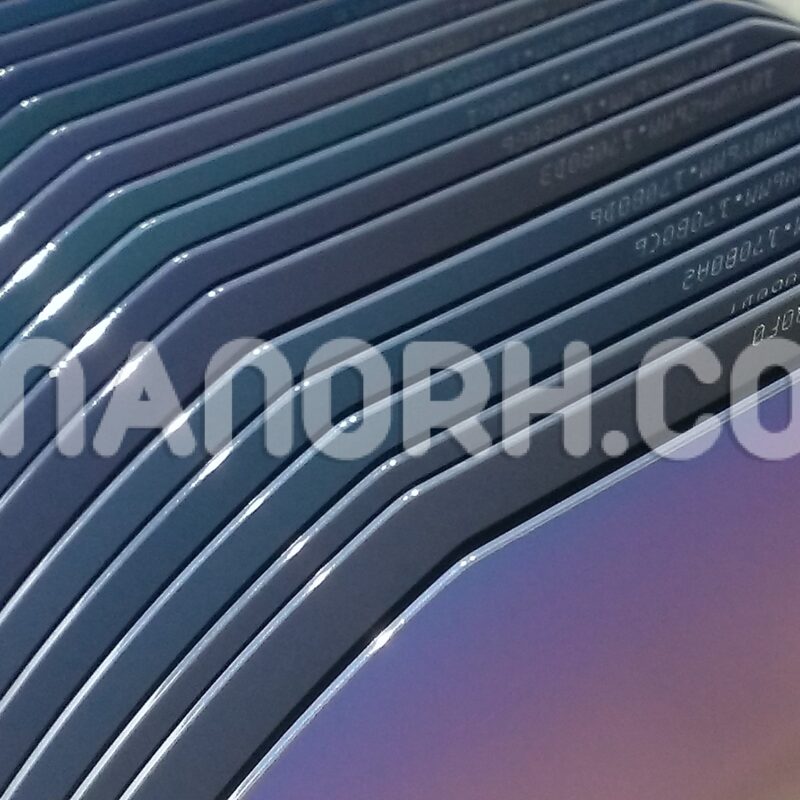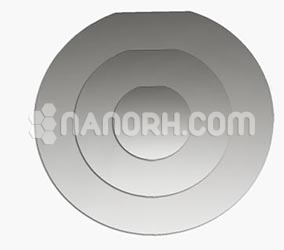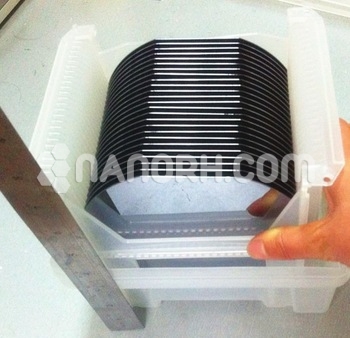| Boron Sputtering Target | |
| Product No | NRE-43021 |
| CAS No. | 7440-42-8 |
| Formula | B |
| Molecular Weight | 10.81 g/mol |
| Purity | >99.99% |
| Density | 2.34 g/cm³ |
| Thickness | 3 mm ± 0.5mm (can be customized) |
| Diameter | 50 mm ± 1mm (can be customized) |
| Shape | Round |
| Resistivity | NA |
| Electronegativity | NA |
Boron Sputtering Target
Boron sputtering targets are used in various applications due to boron’s unique properties, such as its hardness, ability to form compounds, and electrical characteristics. Here’s a detailed look at different product applications for boron sputtering targets.
Semiconductors
Doping Layers: Boron is widely used as a dopant in silicon to create p-type semiconductors. Sputtering targets are used to deposit boron films or layers that modify the electrical properties of semiconductor materials.
Gate Dielectrics: Boron-based thin films can be used as gate dielectrics in advanced semiconductor devices, offering high dielectric strength and stability.
Optical Coatings
Anti-Reflective Coatings: Boron thin films can be used to create anti-reflective coatings for lenses and optical components, improving their efficiency by reducing glare and reflection.
Protective Coatings: Boron coatings can protect optical surfaces from environmental damage, enhancing durability and lifespan.
Hard Coatings
Wear-Resistant Coatings: Due to its hardness, boron is used to deposit wear-resistant coatings on industrial tools, cutting tools, and other components that experience significant wear and tear.
Cutting Tools: Boron-based coatings improve the performance and durability of cutting tools by increasing hardness and reducing friction.
Thermal Barrier Coatings
High-Temperature Protection: Boron coatings can serve as thermal barriers in high-temperature applications, such as in aerospace or industrial processes, protecting components from extreme heat.
Ceramic and Composite Materials
Boron Carbide Formation: Boron sputtering targets are used in processes to form boron carbide (B₄C), a very hard ceramic material used in armor, cutting tools, and various industrial applications due to its hardness and lightweight properties.
Composite Materials: Boron-based films and coatings are used to enhance the mechanical and thermal properties of composite materials.
Nuclear Applications
Neutron Absorption: Boron is known for its neutron-absorbing properties. Boron sputtered films or coatings can be used in nuclear reactors for neutron control rods and shielding applications.
Battery Technologies
Electrode Coatings: Boron-based coatings are applied to electrodes in batteries to improve their performance, increase conductivity, or extend their lifespan.




